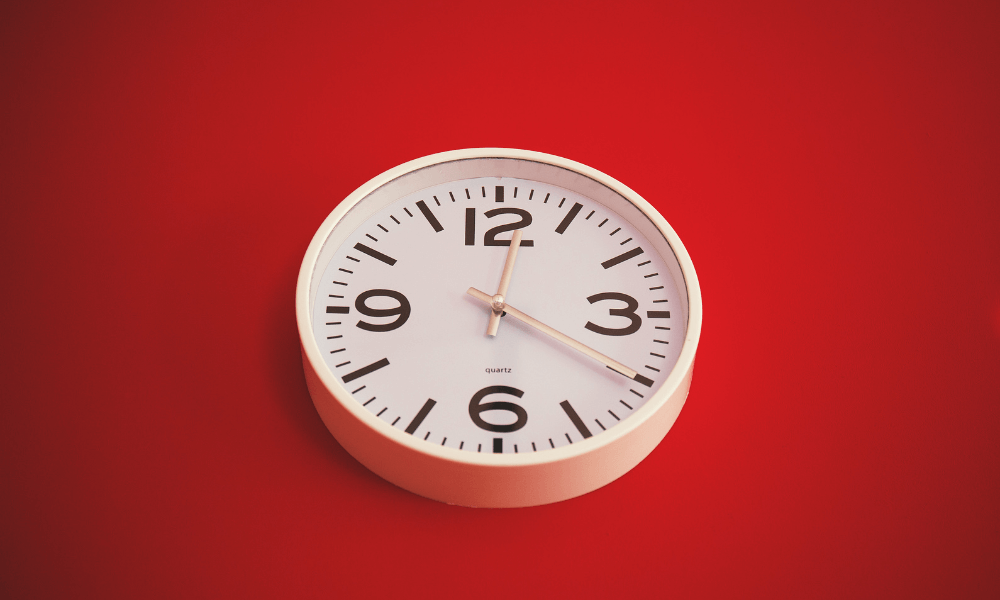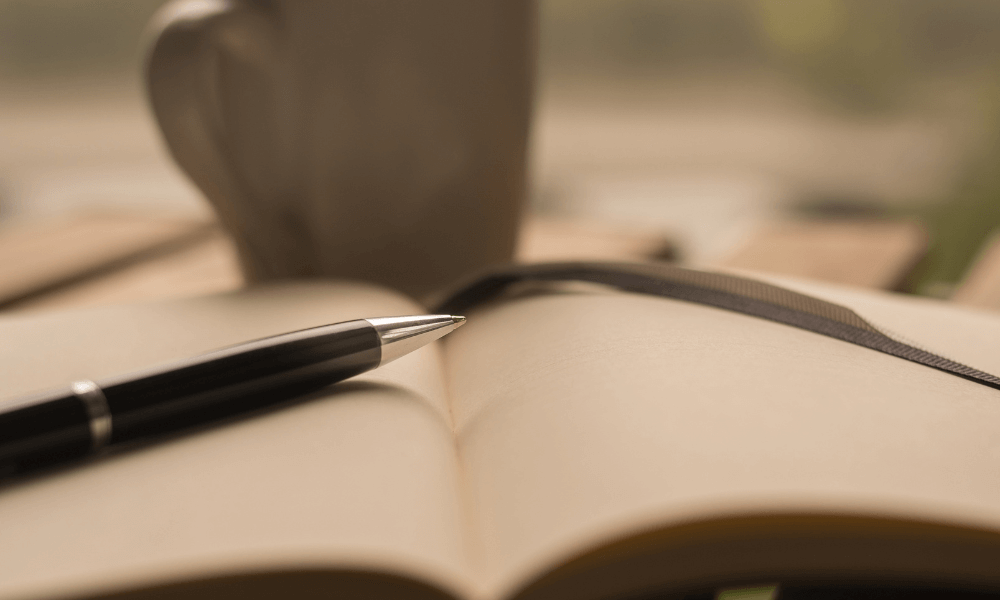Australians refer to the afternoon colloquially as the ‘arvo’ or ‘s’arvo’. This is simply a shortening and rearranging of the word afternoon, as well as a consonant change—switching F to V. So, an Australian might say “I’ll see you this arvo” to mean I’ll see you this afternoon. This is really the one slang term for afternoon.
When you think about it, times of the day are the sort of thing from which a lot of varied slang would arise.
It’s something we all have to talk about every day, and even before we get into slang there are countless different ways to describe every period of the day with some precision.
The English-speaking world generally shares all of these terms, but do Australians have slang for the afternoon?
Australians are world-renowned for their slang, and it seems they got it in one with arvo.
It’s the only slang term in popular use in Australia to mean the afternoon, and it’s pretty well known internationally, too.
Let’s find out more about this term.

What is an arvo in Australia?

When Australians say ‘arvo’, they are referring to the afternoon.
That is, any time after 12 noon.
This is a uniquely Australian bit of slang, so deeply embedded into the language that in some contexts it may even be acceptable to use in formal settings.
Obviously, it’s particularly formal, you’re more likely to say afternoon.
As I mentioned, you might also hear ‘s’arvo’.
This is just an abbreviation of “this arvo”, or “this afternoon”.
Sometimes, less commonly, you might hear ‘arvy’.
One thing you’ll certainly come to learn about Australian slang is that they love to simply abbreviate a term and then add an -y or -o on the end.
In any case, the point is that arvo is one of those slang terms that many likely forget is even slang.
It’s just what you call the afternoon.
So, why do they use this term, and where does it come from?
Why do Australians say arvo for the afternoon?

Precisely tracing the origins of slang terms is sometimes very easy, but it’s often incredibly difficult if not impossible.
When it comes to arvo, we can’t really be completely sure.
Our earliest recorded uses of the term date back to the early 1930s, often found in journals and diaries, for example.
It’s also found in some tabloid newspapers.
So, the term most likely has its origins in the beginning of the 20th Century or the late 19th Century.
We simply can’t trace it back any further than that.
Without written records, we can only speculate about its origin.
However, it seems fair to surmise it was, plain and simple, an abbreviation of the afternoon.
Can we find the same conventions used in other slang for times of the day?
What is Australian slang for the morning?
Here is where many of us might get the Australians mixed up with the Irish, which neither of them would appreciate!
In Australian English, there isn’t really a specific regional term for “good morning”—you may be thinking of the unmistakable Irish “top of the mornin’!”
But that’s not to say Australians don’t have their own unique greeting, one which you can definitely use in the morning.
How do Australians say good day?

If you want to greet someone in Australia at any time of day, including the morning, you would just say “g’day”.
This is another quintessentially Australian slang term, the most common greeting and certainly one to use in the morning or the early arvo.
Interestingly, “good arvo” really isn’t all that common as a greeting, if only because of how ubiquitous “g’day” is. It’s bread and butter Australian slang.
“G’day mate” is even better, “mate” being again another bedrock piece of Aussie slang.
Related Post: Australian Slang For Friend (Revealed!)
It’s an interesting term, then, and tracing the origins of slang terms is always a fascinating topic.
While we may not often be able to pin down the origin as precisely as we’d like to, it’s still fun to imagine the contexts in which a slang term like that might not only have arisen but become popularized.
Whatever happened, it’s now used across the country to mean afternoon.
More in Australian Slang
- Australian Slang For Afternoon
- Australian Slang For Alcohol
- Australian Slang For Ambulance
- Australian Slang For Americans
- Australian Slang For Awesome
- Australian Slang For Barbecue
- Australian Slang For Beautiful
- Australian Slang For Beer
- Australian Slang For Boyfriend
- Australian Slang For Breakfast
- Australian Slang For Carpenter
- Australian Slang For Chocolate
- Australian Slang For Christmas
- Australian Slang For Cigarette
- Australian Slang For Clothes
- Australian Slang For Crocodile
- Australian Slang For Dad
- Australian Slang For Dinner
- Australian Slang For Dog
- Australian Slang For Drunk
- Australian Slang For Excited
- Australian Slang For Flip-Flops
- Australian Slang For Friend
- Australian Slang For Gas Station
- Australian Slang For Girl
- Australian Slang For Girlfriend
- Australian Slang For Goodbye
- Australian Slang For Hello
- Australian Slang For Kangaroo
- Australian Slang For Lazy
- Australian Slang For Liquor Store
- Australian Slang For Lucky
- Australian Slang For Man
- Australian Slang For Plumber
- Australian Slang For Police
- Australian Slang For Quilt
- Australian Slang For Redneck
- Australian Slang For Sandwich
- Australian Slang For Sausage
- Australian Slang For Swimsuit
- Australian Slang For Thank You
- Australian Slang For Toilet
- Australian Slang For Wine
- Australian Slang For Yes
- Australian Slang Quiz

